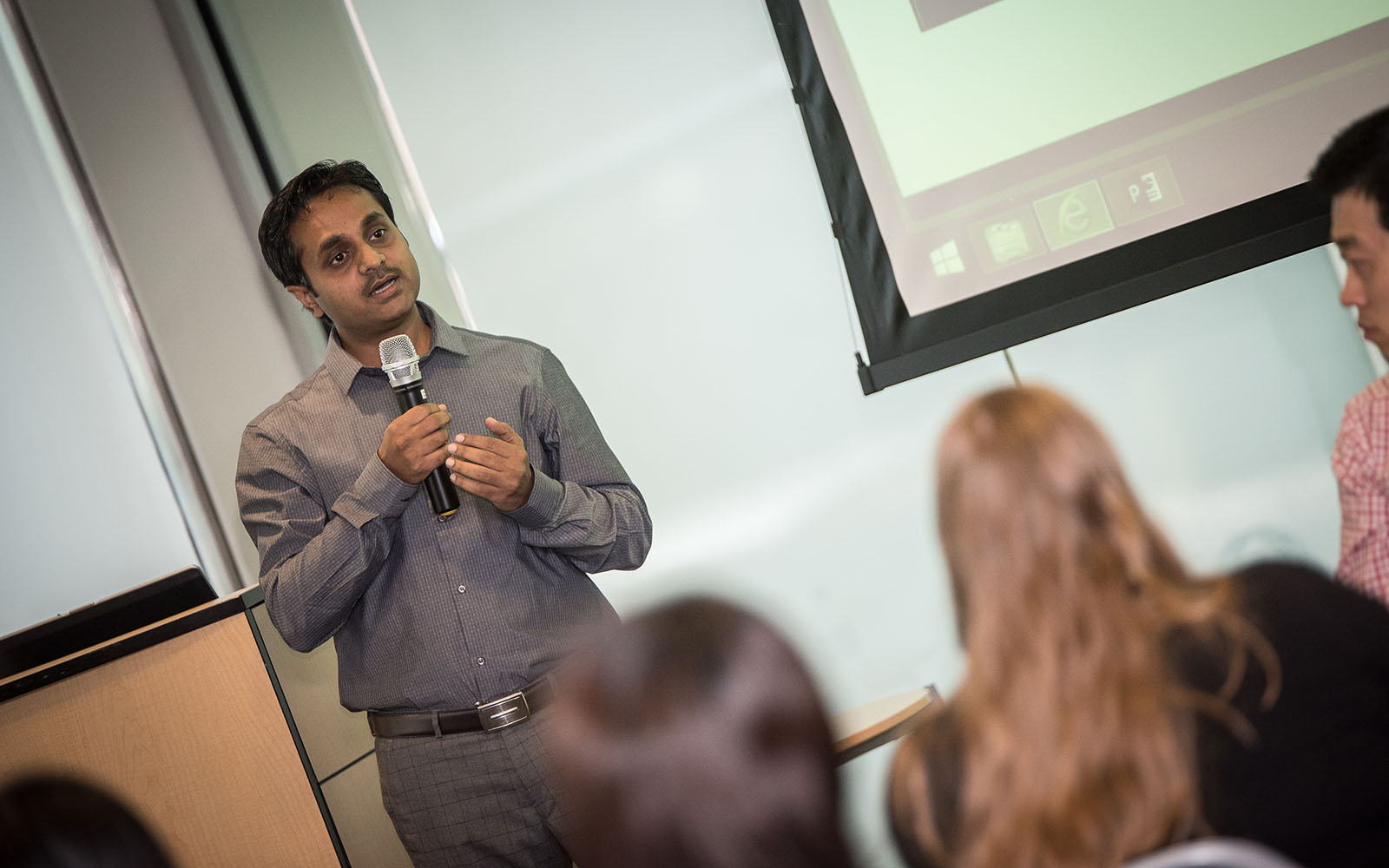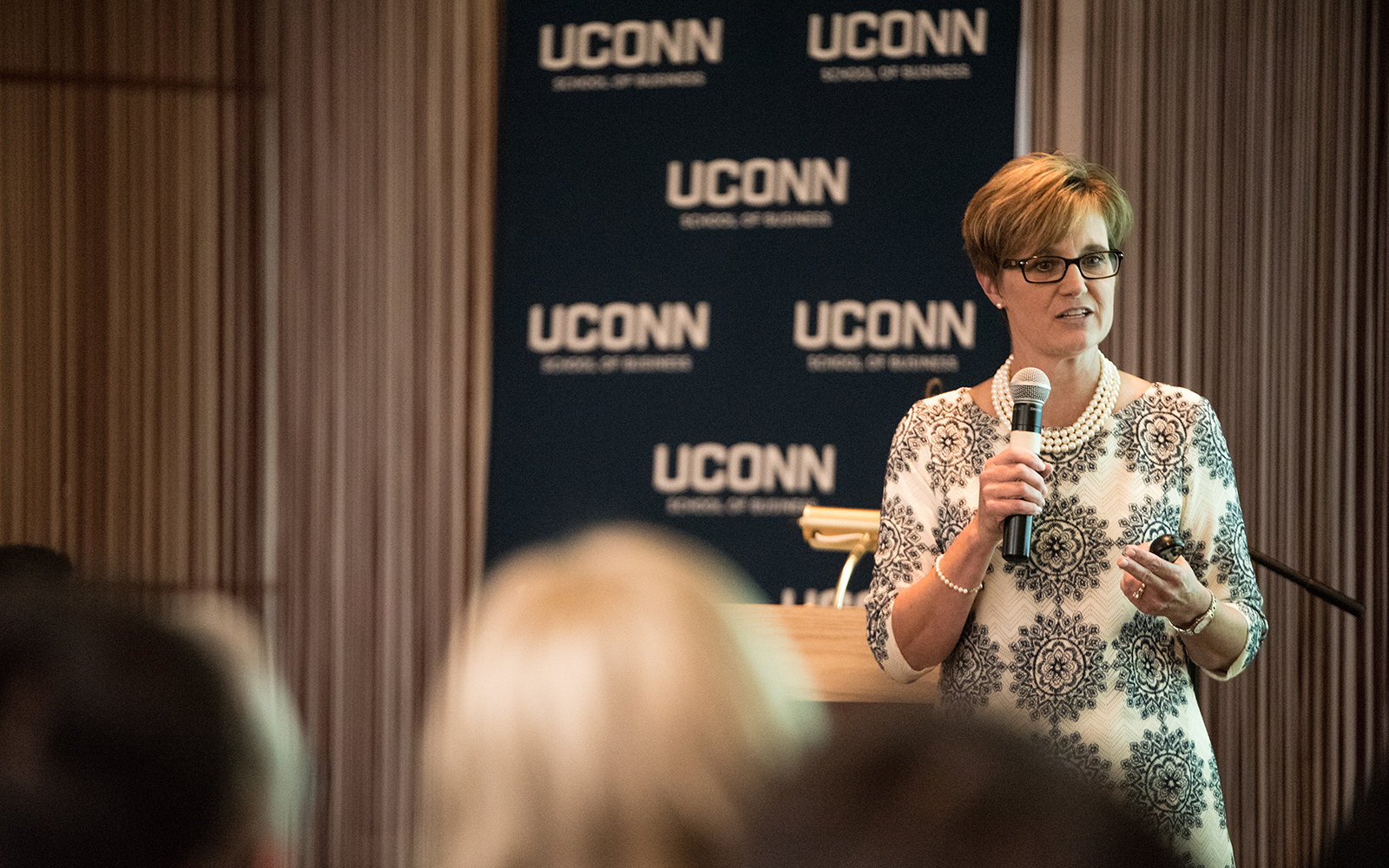
‘You Can See People Enjoy What You’ve Created’ Says Matt Fleury, CEO of CT Science Center
You can hardly blame Matt Fleury ’07 EMBA for wishing it would rain.
The president and CEO of the popular Connecticut Science Center in Hartford knows that rainy days create skyrocketing attendance. On warm, sunny days, families head to the beach or to pick apples.
On a quick walk through the Science Center, which draws some 300,000 visitors annually, Fleury’s eyes light up as he shows off his favorite exhibits: Continue Reading




